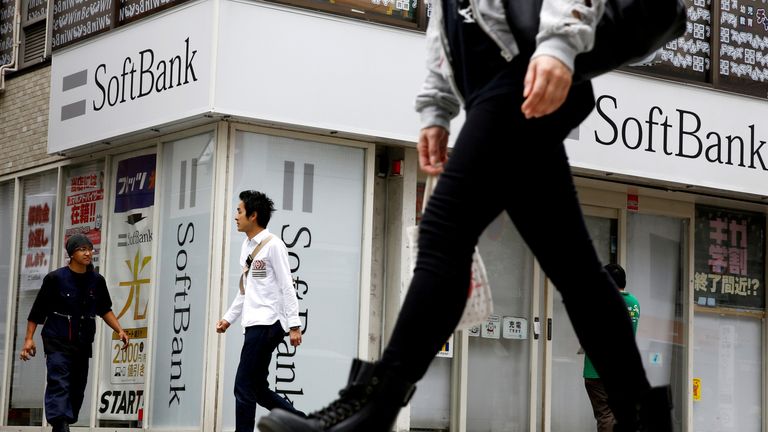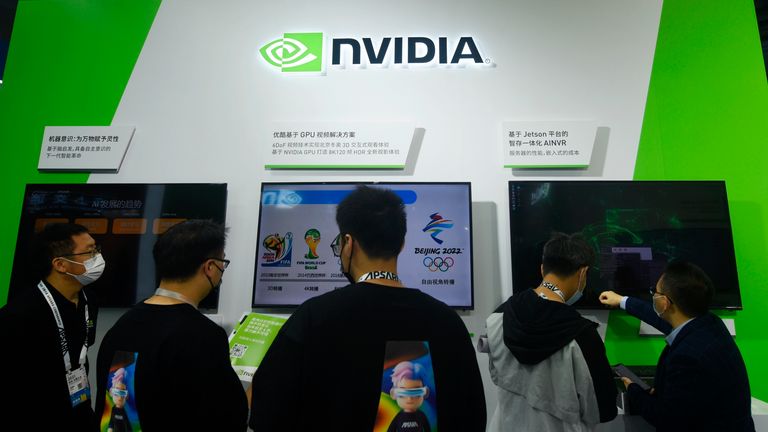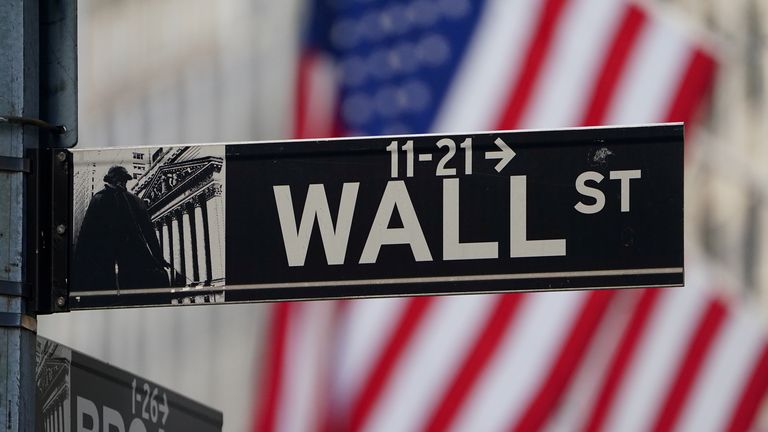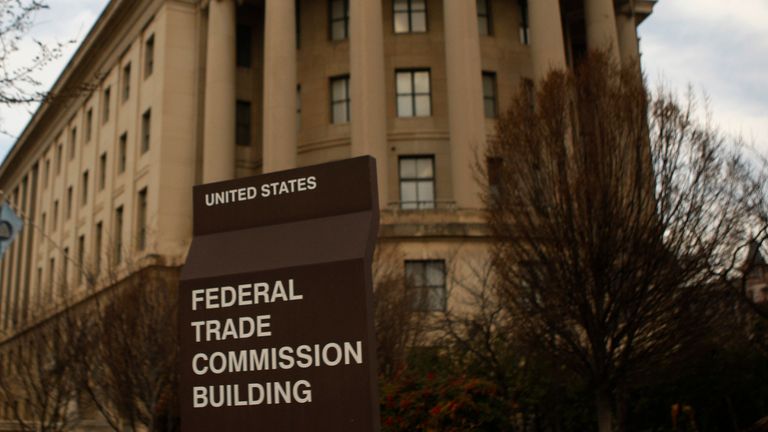After almost 18 months of prevarication, the US chip manufacturer Nvidia has bowed to the inevitable and abandoned its proposed $66bn acquisition of Arm Holdings, the UK-based chip designer.
The move is an acceptance that the controversial takeover was never going to get past regulators in the United States, the EU, the UK and China.
Nvidia first agreed to buy Arm, a flagship company for the UK tech sector, for $40bn in September 2020 from the Saudi-backed Japanese tech investor Softbank.
Nvidia was partly paying for Arm in shares and so, as its share price rose, the value of the deal rose to $66bn.
But it became clear almost immediately that the deal was going to face intense regulatory scrutiny.
Arm’s chip designs are used in practically every smartphone in the world and in countless other applications, including cars, laptop computers and laboratory equipment.
That ubiquity was built on what Hermann Hauser, the company’s co-founder, has described as it being the “Switzerland” of chips.
It enjoys so-called “chip neutrality” because it treats all of its customers equally.
A takeover by Nvidia, some of whose competitors are Arm customers, would have put that neutrality at risk.
Customers feared that, if Nvidia obtained access to Arm’s chip designs, they might be put at a disadvantage.
Accordingly, some of the biggest names in tech lobbied competition regulators to block the deal.
Among those reported to have provided detailed information to watchdogs are Apple, Samsung, Qualcomm, Microsoft, Intel and Amazon.
There have been growing signs in recent months that this lobbying has paid off.
The US Federal Trade Commission (FTC) sued to block the deal in December last year, arguing that the deal would give Nvidia control of technology and designs needed by rivals to develop chips of their own, potentially stifling innovation in fields such as data centres and self-driving cars.
The FTC, composed of two Democrats and two Republicans, also argued that the takeover could put up prices and reduce choice for consumers.
The US situation alone could have held the deal up for years but competition regulators in the UK and the EU were understood to have similar concerns of their own.
The UK’s own competition review into the deal was extended last year to include national security considerations.
Inside Nvidia itself, meanwhile, there is said to have been growing concern about possible opposition to the transaction in China.
Rising trade tensions with the US have resulted in worries in Beijing about Arm’s technology passing into US ownership, potentially restricting Chinese chipmakers from access to Arm’s designs in future.
The big question is what happens next to Arm.
Softbank, which has had plenty of troubles of its own in recent times, said today it would quickly pursue an Initial Public Offering (IPO) of the company.
It did not say where this would be, but the betting has to be that it would prefer to list Arm in the US, where tech companies tend to be more highly valued.
This would of course be a blow to the UK government, which has been trying hard to persuade more tech companies to list on the London Stock Exchange, even going so far as to tweak listing rules to a regime more in keeping with those seen in the US.
Mr Hauser told Sky News: “Ideally it would float in London, it’s a British company, it should go on the British stock market.
“But whether London has the depth of market to [support] an IPO like an Arm IPO, or whether it would have be a dual listing again between London and New York, which is what Arm was before Softbank bought it, remains to be seen.”
He said he accepted that, with many of Arm’s executives now based in California to be closer to its customers, it was harder to make the case that it was a purely British company these days.
That was underlined today with news that Simon Segars, who was chief executive of Arm when it was bought by Softbank in 2016, is to step down as chief executive.
Along with Sir Robin Saxby and the current Rolls-Royce chief executive, Warren East, he is one of just three chief executives of Arm in its 31-year history.
Mr Segars, who studied electronic engineering at the University of Sussex and did an MSc in computer science at the University of Manchester, will make way for Rene Haas, a chip industry veteran who has been with the company for the last nine years and who, ironically, worked for Nvidia for seven years earlier in his career.
He said: “Arm has defined my working life, and I am very thankful for being given the opportunity to grow from graduate engineer to CEO.
“I’m very bullish on Arm’s future success under Rene’s leadership and can’t think of anyone better to lead the company through its next chapter.”
Arm first floated on the London Stock Exchange in 1998.
Its takeover by Softbank in 2016 ought probably to have attracted greater regulatory scrutiny than it did at the time but, coming just months after the vote to leave the EU, Theresa May’s government waved it through in an attempt to prove to the outside world that the UK remained open to business.
That was probably the moment that the stable door was flung open and the horse bolted.
The UK has since toughened its approach to foreign takeovers but it is likely to be too little too late in the case of this magnificent company.








